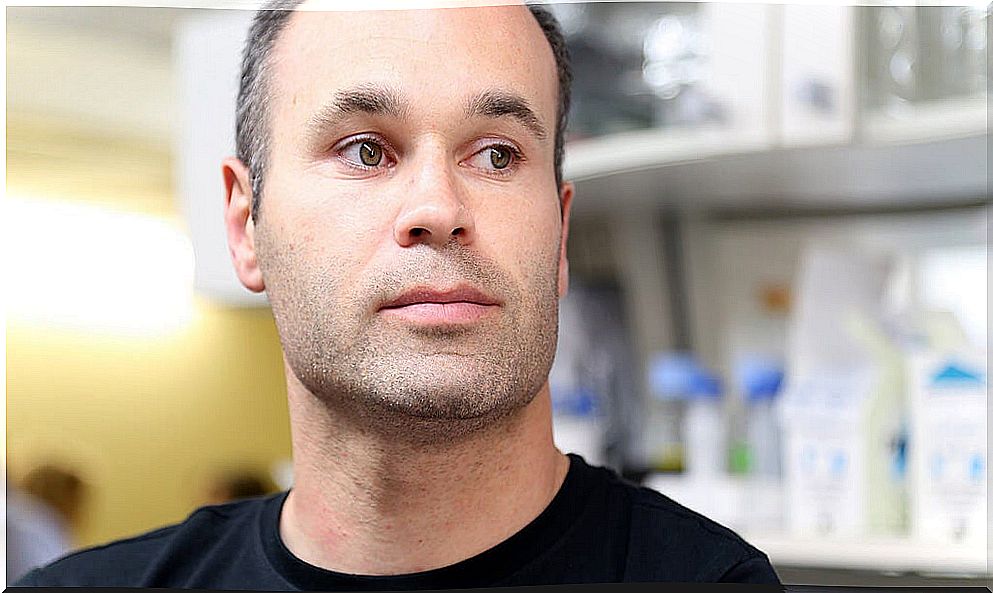Emotional Management In Athletes: A Success Factor

It is now accepted that emotions influence different areas of life. Specifically, emotions play an important role in the lives of athletes and, directly or indirectly, have an influence on what they want to do (Hanin, 2000). That is, emotional management in athletes is important.
The development of emotional factors in the sports context takes on special relevance today, equating it to the training of physical, technical and tactical factors, because emotional factors are closely related to sports performance.
Emotional intelligence is directly and positively related to age, being the athletes of collective modality with contact those who best manage their emotions (Sánchez, Ortega & Chacón, 2018). On the other hand, it should be noted that emotional intelligence is not the opposite of the traditional concept of intelligence, represented in many cases with the IQ, but its complement.
Although it has been confirmed that emotions are a determining factor in sports performance, this is not one of the pillars of many psychological interventions carried out with athletes. This absence can occur for different reasons: ignorance of the application of intervention programs on emotional intelligence, misconceptions about the consideration of this factor -such as thinking that it is an innate non-trainable capacity- or the shortage of training time, among others. others (Weinberg and Gould, 2010).

Neymar, the player who has not yet learned from frustration
The Brazilian federation suggested the lack of a psychologist in the world past as a possible setback. Brazil is one of the pioneering teams in bringing psychologists to soccer world championships; surprisingly, in the last one he was one of the few selections that has not resorted to the figure of a mental health professional. On the other hand, many have pointed out that their star, Neymar, would have benefited a lot from the presence of a competent professional.
He himself has acknowledged, in a public statement, that he has not yet learned to be disappointed and that, when he behaves like an immature athlete, it is not because he is a spoiled boy, but because he has not yet learned to be frustrated.
The points that Neymar himself points out can be polished with the work of a professional. However, those responsible for configuring the selection team did not notice how important this figure could be to establish guidelines and carry out interventions to channel emotions, both at the group level and at the individual level.
Once the result is known, the exposure may seem opportunistic; However, both from outside and from within the selection, it was missed that the players had the resources so that the pressure did not become a slab.
Iniesta, when psychological help arrives on time
Andrés Iniesta himself acknowledged that during 2009-2010 he suffered from depression, just after winning everything as a player. He began to feel bad, to drag a heavy shadow from which he could not get rid. And there began an internal process. He was ill and did not know why. They did tests where they found no alterations; however, the reality was that he was not well, and entered a loop. He himself came to recognize that he needed professional help; If not, I would not have gotten out of that situation.
In his words, regarding the figure of the psychologist: “That’s what they are for, right? To help when you need them. I guess it’s because you don’t want to see it. I came to a time when I needed help and I had it; There were days when I saw that I was not coming out, that I was sinking into my own person. And I had people who helped me, very valuable people ”.

The World Health Organization (WHO) said in 2018 that more than 300 million people in the world suffer from depression and more than 260 million have anxiety disorders. According to a study published by the International Society of Affective Disorders, more than 10% of the adult population in Spain has suffered from them.









